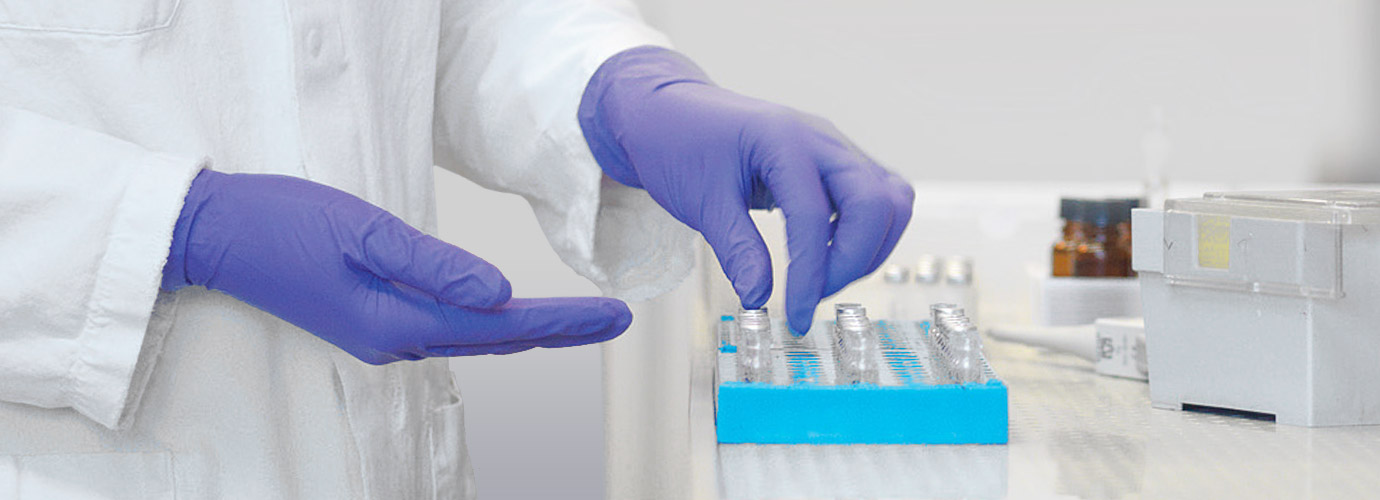„Baby-led Weaning“

10.2017
Author Dr. J. Hower, paediatrician from Germany
What effect does a baby-led approach to the introduction of solids have on infant growth and becoming overweight?
Most infants are introduced to solid foods in the form of purées or, less frequently, finger food after the age of 6 months, as a supplement to breast milk or formula milk.
An alternative feeding approach is BLISS (Baby-led Introduction to Solids), which should encourage babies to regulate their intake of solids (finger food) by themselves. In contrast to adult-regulated spoon-feeding, according to this concept, this method can potentially achieve a better self-regulation of food intake and possibly a reduction in the prevalence of obesity. This method of “baby-led weaningb” has gained in popularity over the last 15 years, mainly in Great Britain and New Zealand.
Taylor et al. have now, for the first time, carried out the BLISS randomized clinical trial addressing the question of whether this approach leads to a sufficient energy intake, and a lower body mass index (BMI) than the traditional spoon-feeding method carried out by adults.
Study design: In the randomized clinical trial, 206 first-time mothers were recruited for the intervention study in late pregnancy and surveyed by means of a diet questionnaire.
The mothers in the BLISS group were accompanied by breastfeeding advisors, to maintain exclusive breastfeeding for as long as possible and to delay the introduction of solids until the age of 6 months. The primary target outcome was to record the BMI Z-score at 12 and 24 months of age. The secondary target outcome was to record the self-regulation of energy intake and the eating behaviour of children at the ages of 6, 12 and 24 months.
Outcome: Out of the 206 study participants (average age 31.3 years), the results of 166 child subjects at an age of 24 months could be evaluated. The mean scores (average BMI Z-score) between the control group and the BLISS group did not differ significantly at an age of 12 months, nor at 24 months. Parents in the BLISS group reported that after 12 and 24 months there was a lower satiety reaction and more enjoyment with food. These infants also seemed to be more decisive in their choice of foods. The estimated difference in energy intake was 55 kJ at 12 months and 143 kJ at 24 months.
Comment: Pregnancy and infancy are seen as advantageous timeframes for the prevention of obesity. Current guidelines recommend the introduction of solids at an age of about 6 months for infants in the course of weaning. Introduction should take place step by step, include a variety of flavours and be based on what the family is eating. The infant should be far enough developed that they can sit up, hold things and chew.
The BLISS feeding approach was already practised before the introduction of industrialized food. This approach has, however, not been proven to be a superior alternative to previous eating habits.
BLISS assumes that infants at an age of 6 months and over can feed themselves sufficiently if they are offered solids. The current study by Taylor et al. looks at the effectiveness and safety of this process in a randomized clinical trial for the first time.
In the results, no significant advantages can be recognised in BLISS feeding in comparison to traditional approaches to the introduction of solids:
- The hypothesis that BLISS regulates food intake and has an inhibiting influence on becoming overweight could not be confirmed.
- Self-regulation of food intake is, as the study shows, not beneficial to obesity prevention in infants. This may be an important safeguard in times when food is scarce, but in times when food is in abundance it is more likely to lead to obesity.
BLISS feeding may be a sensible option for some infants in addition to spoon-feeding. The current study, however, provides no indication that it is an advantage for the prevention of obesity.
There has been no confirmation as to whether BLISS is a sensible addition or alternative in infant feeding for practising self-control and self-regulation in food intake.
References:
Taylor, RW et al. Effect of a Baby-Led Approach to Complementary Feeding on Infant Growth and Overweight: A Randomized Clinical Trial. JAMA Pediatr 2017 Sept 1; 171(9): 838-846
Brown, A, Lee, M. An exploration of mothers following a baby-led weaning style: developmental readiness for complementary foods. Matern Child Nutr 2013 Apr; 9(2): 233-243
Arden, MA, Abbott, RL. Experiences of baby-led weaning: trust, control and renegotiation. Matern Child Nutr 2015 Oct, 11(4): 829-844
Brown, A et al. Baby-Led Weaning: The Evidence to Date. Curr Nutr Rep 2017; 148-156


